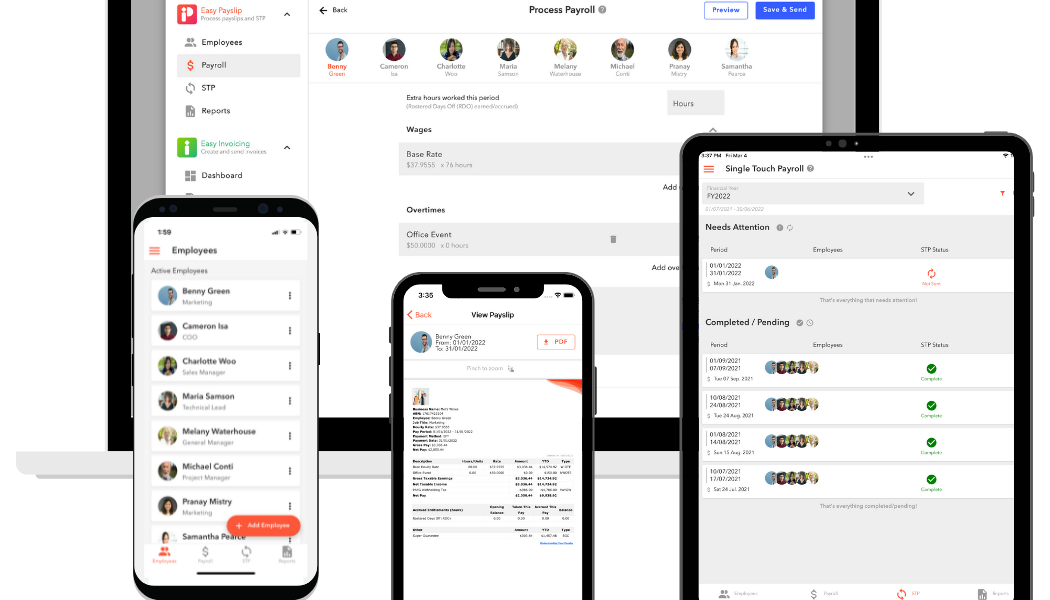Payroll management is a crucial aspect of any business, big or small. However, calculating employee salaries, keeping track of hours worked, and staying compliant with tax laws can be time-consuming and challenging. In today’s fast-paced world, businesses need efficient and reliable payroll software to streamline their processes. But with a plethora of options available in the market, how do you choose the right one? In this article, you will be equipped with the knowledge to make an informed decision and find the perfect solution to take your business to new heights.
- Tax Compliance
One of the most critical features is tax compliance. The software should be capable of calculating and withholding the correct amount of taxes from employee paychecks. It includes federal and state income, social security, and Medicare taxes. The software should also be able to generate and file tax forms with the appropriate government agencies.
- Time and Attendance Tracking
Another essential feature is time and attendance tracking. It should be able to accurately record and track employee work hours, including overtime, sick leave, and vacation time. This information is necessary for calculating employee salaries and ensuring compliance with labour laws.
- Direct Deposit and Check Printing
It should also offer direct deposit and check printing options for paying employees. This feature makes it easier for businesses to pay their employees on time and reduces the need for manual check preparation. It should also be able to generate pay stubs and reports for each payment made.
- Employee Self-Service Portal
An employee self-service portal is an essential feature of the software that allows employees to access their payroll information online. It includes their pay stubs, tax forms, and other relevant information. The portal should be secure, easy to use, and accessible from any device.
-
Customisable Reports
Payroll software should provide customisable reports that can be tailored to meet the specific needs of a business. These reports should include employee payroll details, tax information, and labour cost analysis. It should also be able to generate reports on demand and allow businesses to schedule automated report generation.
- Integration With Other Systems
It should be able to integrate with other systems, such as accounting software, time and attendance systems, and human resources management systems. This integration ensures that employee data is accurate and up-to-date across all systems and reduces the need for manual data entry.
-
Security and Data Backup
Security and data backup are critical features of the software. It should be secure and protect employee data from unauthorised access. It should also have a reliable data backup system in place to ensure that data is not lost due to system failures or other issues.
-
Support and Training
It should offer comprehensive support and training to its users. It should have a user-friendly interface and be easy to use. The software provider should also offer training to ensure users are familiar with its features and capabilities. Additionally, the provider should have a reliable support system in place to assist users with any issues that may arise.
-
Scalability
It should be scalable to meet the growing needs of a business. As a business expands, the software should be able to handle increased employee data and payroll processing without compromising performance.
In conclusion, reliable and efficient payroll software is essential for businesses of all sizes. It should be able to handle all aspects of payroll management, including tax compliance, time and attendance tracking, direct deposit and check printing, employee self-service portal, customisable reports, integration with other systems, security and data backup, and comprehensive support and training. By selecting software that includes these features, businesses can streamline their payroll processes, reduce errors and save time and money.
